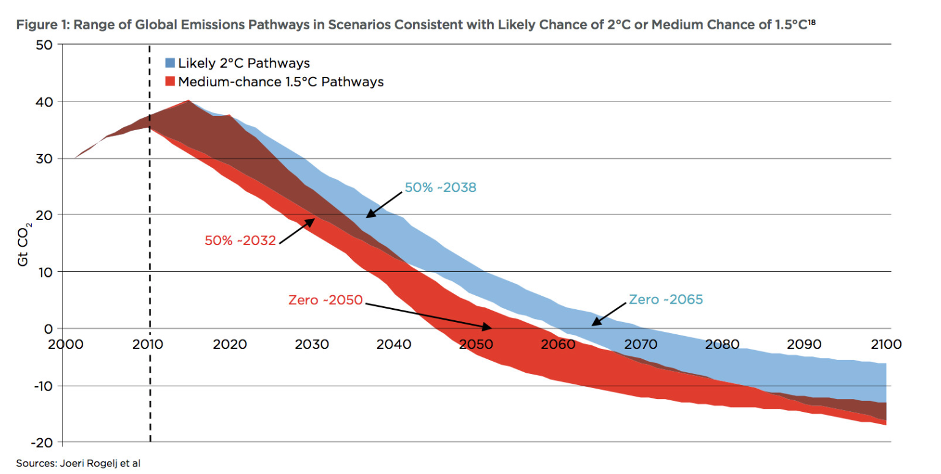25 Jul 2021 G20 on Climate, Environment and Energy in Naples: A historic agreement or a great failure?
After two days and two nights of difficult negotiations (from 23/07/2021 to 24//07/2021), the G20 in Naples on Climate, Environment and Energy has concluded with an historic agreement. The green light for the Climate report has come the day after the go-ahead for the Environment, both achieved at the last minute by the negotiators. The agreements required several filings but found a relative convergence across the board.
Still, despite the reached agreement, some consider the outcome a failure, due to the opposition brake of India and China. These two countries have in fact refused to agree on two main points:
- keep global warming below 1.5 degrees by 2030;
- eliminate coal as an energy source by 2025.
According to Wired, the two points excluded from the climate agreement, reached by the ministers of the energy and the environment of the 20 richest countries in the world are essential to limit the rise in temperatures and avoid the disastrous consequences of global warming.
Luckily the vision of Western countries seems completely different. There is “an effort (environmental, ed) in progress, especially by European countries and by the new United States with the Biden presidency. Together we will make a greater effort to get around 1.5 degrees” – remarked Roberto Cingolani, Minister of the environment and protection of the territory and the sea of the Italian Republic.
The decision to go for more stringent and radical commitments in the fight against climate change is now in the hands to the heads of state of the G20, who will meet in Rome in October. However, the hopes of an environmental change remain low.
The Paris Equity Check group in fact, analysed the energy policies of the member states of the G20 and the results show that at least four of them still have energy policies that could compromise the efforts of other states in the fight to reduce temperatures.
According to the study, the energy development models of China, Brazil, Russia and Australia continue to depend totally on fossil fuels and, if not mitigated, would lead to a certain increase in temperatures above the 2 degrees established by the Paris agreement, up to a maximum of 5 degrees if other countries also do not reduce their emissions.
For further information, see the following links:
http://en.sustainablevalueinvestors.com/2021/07/29/today-july-29th-is-earth-overshoot-day-2021/
http://en.sustainablevalueinvestors.com/2019/10/03/climate-change-is-the-apartheid-of-our-times/
http://en.sustainablevalueinvestors.com/2020/11/09/will-china-achieve-its-zero-emission-target?/

